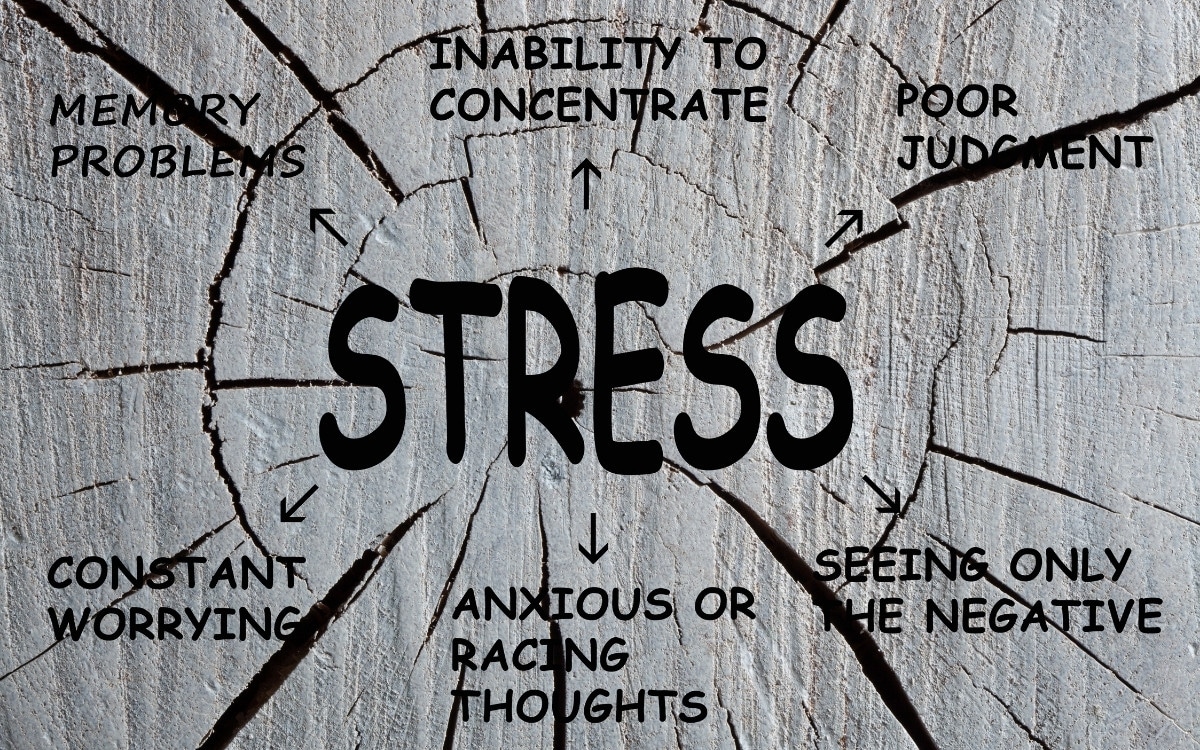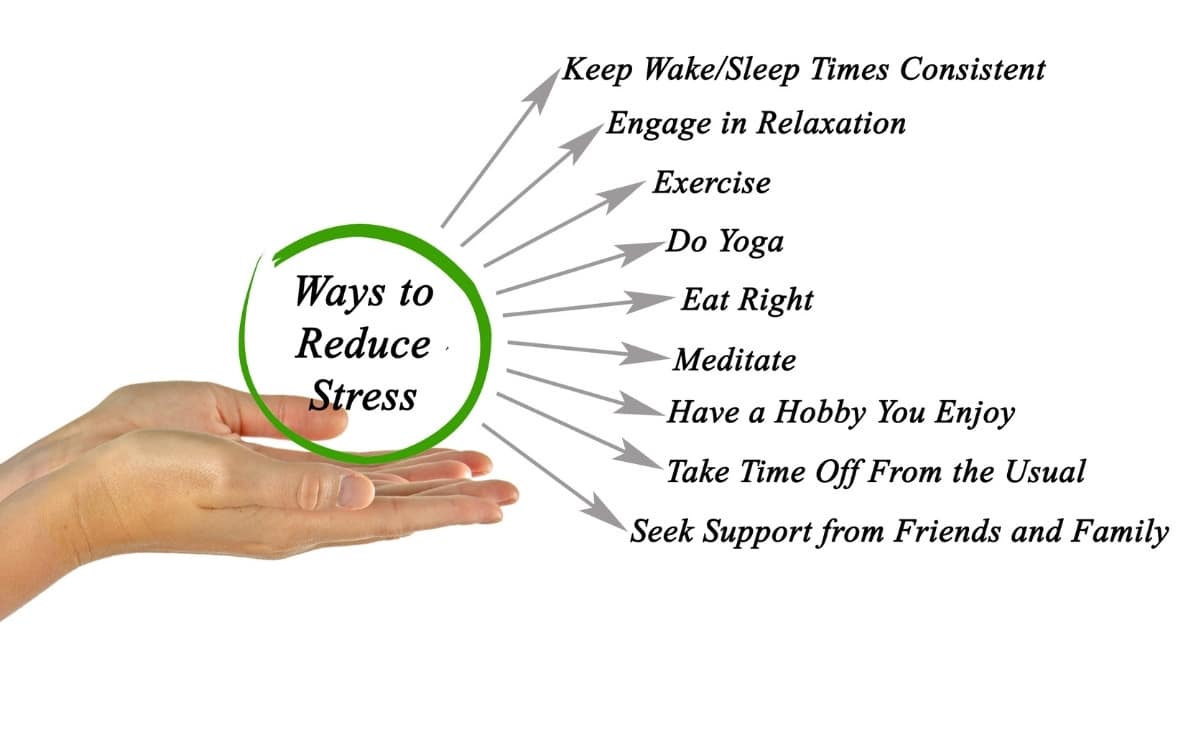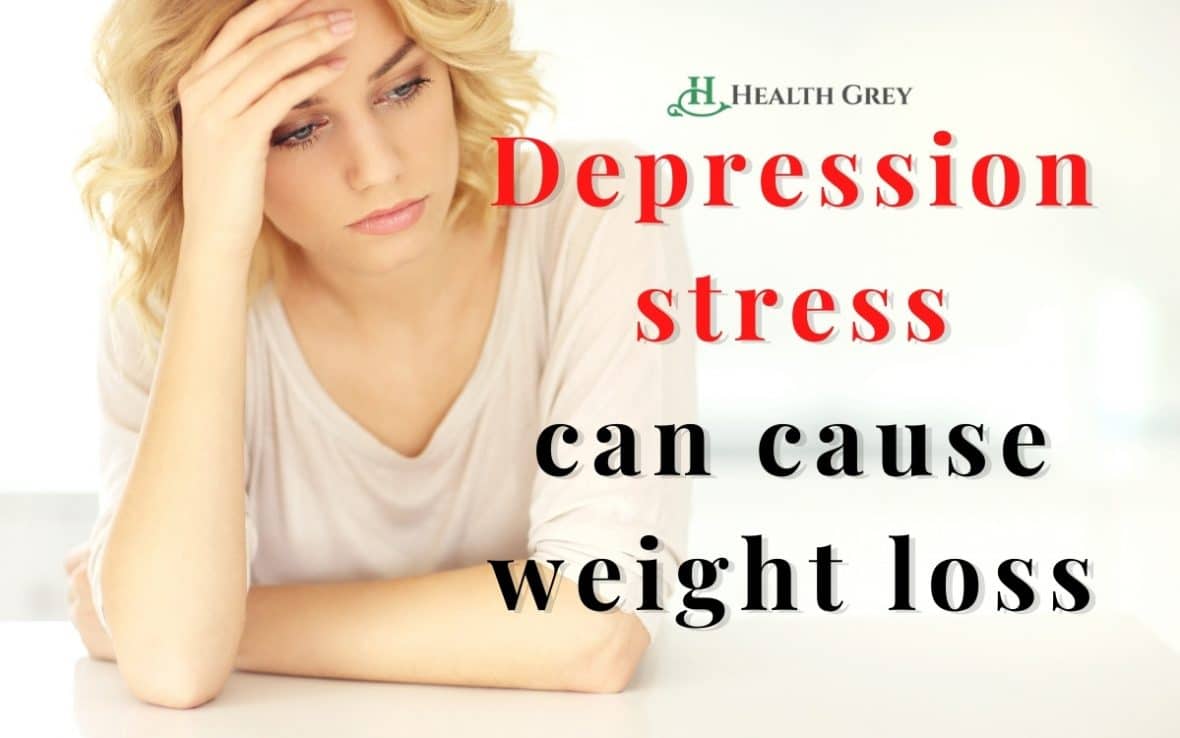How can stress and depression cause weight loss? According to the study made by the scientists of Penn State University, those subjects who suffered from stress were more likely to gain weight with an increase in the cortisol hormone. It is also reported that those subjects who had lower cortisol levels had a greater weight loss than those who had higher levels of the hormone.
1. Stress can cause a decline in body weight

Stress is known as the symbol of weight loss. Most people who suffer from this situation usually have weight loss problems. Although some people may get an increase in their weight mostly stress causes a decline in the overall weight of the body.
The main reason due to fats are cut down and people suffer from weight loss is that they missed meals as well as poor food choices. Moreover, some people completely lose their desire to eat and ultimately reduce their weight. People who overcome the situation may regain their weight.
Other signs of weight loss due to stress

There are other signs of weight loss, which may also cause you to lose weight. These are other factors linked with stress that lead to the weight loss problem.
- Insomnia
- Mood swings
- Indigestion
- Short term memory
- Fatigue
- Pains and aches
- Headache
All these are the symptoms of stress. When suffering from the worst conditions you may have different behaviors for different situations. You may miss the meal, maybe be angry all the time or your body may react to stress. Because of this problem, there exists a hormonal change in the body due to which a feeling of hunger diminishes for that time and people don’t want to eat. Therefore, the body doesn’t get enough food to fulfill the energy needs of the body and it starts consuming energy from the stored fats. Ultimately it results in a reduction in weight.
Physiological mechanism during stress

The research has revealed that when the body is under stress it goes to fight or flight mode. The situation is also known as the acute stress response. In such conditions, the body releases the adrenaline that enhances vigorous activity and minimizes your desire to eat.
On the other side, cortisol is released that suppresses the body’s functions like digestive, immune and reproductive. Therefore, the body mechanisms go on rest and may result in other symptoms. This hyperstimulation also results in gastrointestinal discomfort like diarrhea, stomach pain, heartburn and constipation.
Sleep disturbance

The stress also creates a disturbance in sleep. People suffer from insomnia and are unable to sleep properly. This leads to headaches and non-attentive behavior towards the work. Thus, the stressed person who already has hormonal changes may start facing the worst body situation. He may become ill and unable to cope up with the ongoing situation. Moreover, the deficiency in sleep also causes metabolism problems. It causes hyperactivity thus leading to the burning of fats. Thus, the body gets a reduction in weight.
2. Causes and symptoms of Stress and Depression

Stress and depression are more common than you think. It is estimated that around 34 percent of Americans suffer from some sort of mental issue, including stress, depression, or anxiety. The more severe the symptom, the more likely you are to seek some kind of help.
Stress and depression are caused by poor diet, lack of exercise, sleep deprivation, and lack of friendly relationships.
Stress can range from mild to severe, but it’s usually caused by an event that causes us to feel tense. This can be anything from a disagreement with a coworker or boss, to a relationship ending or a family member passing away. While it’s true that stress can cause depression, scientists have yet to discover the link between the two.
3. Ways to reduce depression and stress

Don’t feel bad if you’re feeling depressed or stressed out. We all have days where we just have to talk to someone, but there are ways to deal with the stress, both on your own and with help.
There are many ways to reduce stress, including yoga, mediation, and breathing exercises
Final thoughts
The person undergoing stress issues most of the time has a weight loss problem. It is all because of hormone disturbance and issues with digestion. Stress causes hunger problems. A person may not want to eat. He partially or completely avoids eating food. Thus, this situation causes the body to use stored fats to gain energy. But this is not long-lasting. If the stress condition prolongs, the body weight may lead to being underweight and a person may not be energetic. So, he will feel fatigued and ultimately unable to perform the routine tasks.




